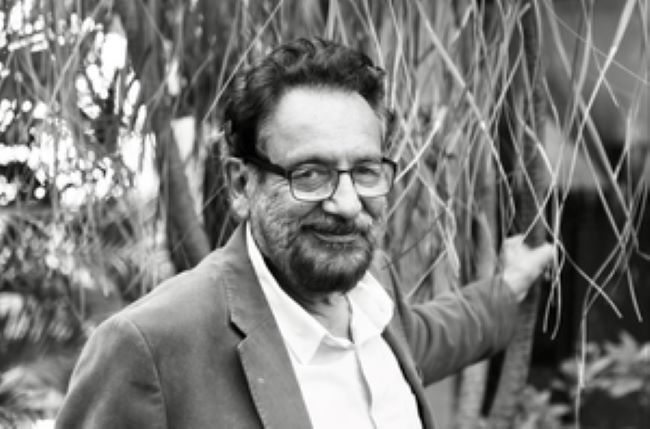New Delhi, April 3 (IANS) Internationally recognized filmmaker Shekhar Kapur, who is currently working on a sequel to his directorial debut film ‘Masoom’ (1983) titled ‘Masoom: The Next Generation’ says, “This film portrays the lives of all the characters you saw in the earlier one – all grown up. I am not going to say more, you will need to watch the film.”
The original was adapted from Eric Segal’s 1980 novel ‘Man, Woman and Child’ which was also adapted into a Malayalam movie ‘Olangal’ and a Hollywood movie ‘Man, Woman and Child’.
Kapur’s film starred Naseeruddin Shah and Shabana Azmi in lead roles along with Tanuja, Supriya Pathak and Saeed Jaffrey. It featured Jugal Hansraj, Aradhana and Urmila Matondkar as child actors. The screenplay, dialogues and lyrics are by Gulzar with music by R.D. Burman.
The filmmaker, who till recently was the Director of Film and Television Institute of India (FTII), Pune recalls that though his stint was interesting, he could have done much more. “Owing to Covid, the institute was non-functional for most of my term. There was a lot more that I could give had it been (functional),” he tells IANS.
However, this Padma Shri recipient whose film ‘Elizabeth’ (1998) a fictional account of the reign of British Queen Elizabeth I, which was nominated for seven Academy Awards feels that more than film schools, we need several ‘schools of creativity’ that can impart more rounded knowledge. “See, film schools teach techniques, and they keep changing at a fast pace. Nobody edits like they used to a few years back. Schools of creativity can impart knowledge on how to tell stories and engage people — that should be the core specialisation of every filmmaker,” says Kapur.
Known for films like ‘Masoom’, ‘Mr. India’ (1987) ‘Bandit Queen'(1994), ‘Elizabeth’ (1988), ‘The Four Feathers’ (2002) ‘Elizabeth: The Golden Age’ (2007), and ‘What’s Love Got to Do With It’ (2022), talking about his process stresses that as an artist, he interprets and internalises what is around him and shapes it according to his sensibilities.
“If you are a painter and have witnessed war, you will interpret it with your peculiar metaphors while presenting it on the canvas. I get attracted to stories of moral conflicts. Point is, which conflict attracts me most and stays with me in a particular space of time,” says this BAFTA Award, National Film Award, National Board of Review Award and three Filmfare Awards winner.
In Chandigarh, during the recently concluded Cinevesture International Film Festival (CII), Kapur feels it is extremely important that film festivals do not remain confined to the metros only. “I am glad that they did this festival here. Those living in smaller towns too should get an opportunity to witness cinematic excellence.”
For someone who works both in India and abroad, there is not much difference except the politics of getting to a film and releasing it.
“From calling action to cut, what happens in between is the same everywhere in the world. But yes, working in the West is like going to a supermarket, where everything is well-organised for you. In India, it’s like going to a chor bazaar, you don’t know what you are getting. But remember, chaos can be a great driver of creativity. I can get bored with the idea of absolute organisation and like the idea of chaos to ‘wake’ myself,” he said.
Even as there is much conversation around how Artificial Intelligence (AI) will change filmmaking, Kapur opines that it will be a definite game changer and disrupter.
“It’s the most democratic technology that has hit us. People keep saying that it will kill many jobs. But since the Industrial Revolution, 95 per cent of people do not like their jobs — the boss/employee structure etc. AI is bound to give people an opportunity to explore themselves — their creativity and humanity, and the synergy between the two. This technology will in fact create more jobs. Do you need to learn coding to create an App anymore? Crumbling all pre-established structures, you will hear about a boy sitting in Dharavi with his computer and giving prompts to make something of his life. The same goes for new-age filmmakers who are not able to get a breakthrough in theatres and OTT. AI will devise a new method of distribution,” concludes the 78-year-old filmmaker.





